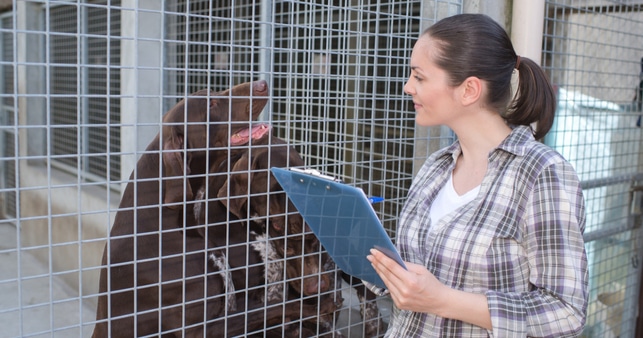
Employers in New South Wales must continue their efforts to ensure all health directives are followed correctly, as the state enters its first day of freedom after more than 100 days of lockdown.
The NSW government has stated lockdowns will only be used as a “last resort” and there will be “targeted restrictions in circumstances where they are required.” While this is peace of mind for business owners who have been doing it tough over the past several months, the absence of a lockdown threat shouldn’t stop them from continuing to enforce strict hygiene standards in their workplace.
“While it’s great to finally see the Sydney lockdown lifted, we must not forget this virus has not disappeared. There are still hundreds of cases a day, and business owners should not make the mistake of falling into complacency,” said Larry Drewsen, health and safety manager at Employsure, Australia’s largest workplace relations advisor.
“Employers must play their part and follow all health directives to ensure masks are still worn indoors, people check-in, capacity limits are being adhered to, hand sanitiser is still readily accessible, surfaces are regularly cleaned, and access is restricted to fully vaccinated people only, where required. Not abiding by these rules could see employers hit with fines that otherwise could have been easily avoided.
“When it comes to policing vaccines, employers must also ensure, to the best of their ability, the correct safeguards are in place to protect their workers from threatening situations, or risk being liable for related workplace safety claims.”
Risk management is still at the forefront of employers’ minds when it comes to health and safety. Data from Employsure’s dedicated employer Advice Line shows there were more than 1,100 calls from business owners regarding risk management in September, compared to 500 at the same time last year.
New South Wales is now the Australian guinea pig when it comes to living with COVID-19, and other states and territories will be watching on. While the state is now in uncharted waters, business owners should remain vigilant and continue to implement all aspects of their infection control policies as listed above.
Business owners should also dedicate time each week to review government health advice to see if there has been a change in directions. If there has been, they must abide by the directions or else risk fines, as well as the health of the community.
A safety checklist is also necessary for business owners who still have staff working from home. Employers need to check in on staff at home and identify whether they are in a hotspot, whether they are sick, and who they have been in contact with. Knowing which staff members have physically been in the workplace can help avoid a potential infection spread.
“In all circumstances and no matter the state or industry, abiding by a COVID-19 safety plan is of the utmost importance, and will be for the foreseeable future,” continued Mr Drewsen.
“By following the most up to date health orders, and by having effective infection control policies in place with the correct combination of hygiene control measures, it will help make all the difference in this new age of living with the virus in Australia,” concluded Mr Drewsen.
Further enquiries:



